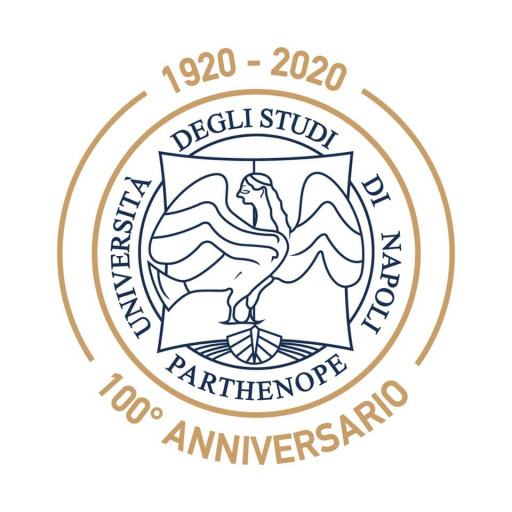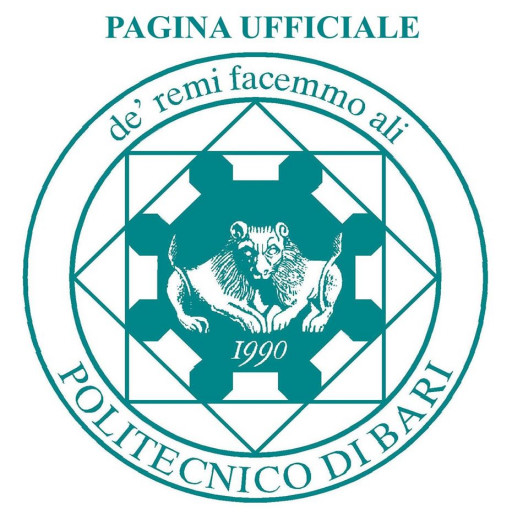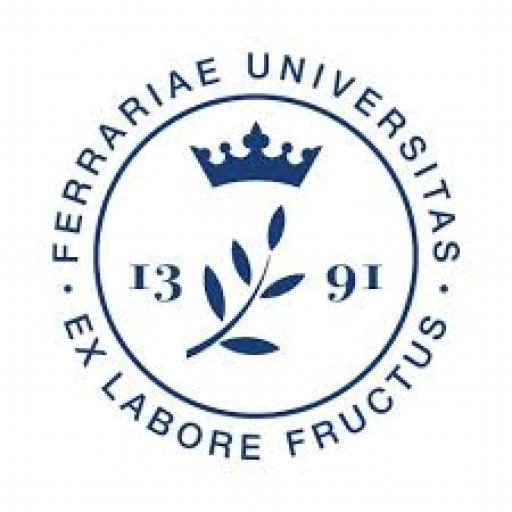Photos of university / #kyotouniversity
The Doctoral Program in Civil Engineering at Kyoto University's Graduate School of Engineering offers a comprehensive and advanced platform for pursuing cutting-edge research in the field of civil engineering. This program is designed to cultivate highly skilled researchers and industry experts who can contribute to solving complex infrastructure and environmental challenges faced by society today. Students engaging in this program benefit from the university’s renowned academic excellence, state-of-the-art facilities, and close collaboration with leading industry and government entities. The curriculum encompasses a wide range of specialized areas including structural engineering, geotechnical engineering, environmental engineering, hydraulic and water resources engineering, transportation systems, and urban infrastructure development. Candidates are expected to develop deep expertise in their chosen specialization through rigorous coursework, seminars, and independent research projects. Throughout their doctoral studies, students will work closely with faculty members distinguished for their contributions to civil engineering research, benefiting from mentorship that encourages innovative thinking and scientific inquiry. The program emphasizes the importance of integrating theory with practical application, fostering skills necessary for academic, governmental, and industrial leadership. Furthermore, students have the opportunity to participate in international conferences, collaborative research programs, and exchange activities, enriching their academic and professional perspectives. Graduates of this program are well-positioned to contribute to technological advancements, sustainable development, and policy-making in the civil engineering sector worldwide. With its blend of academic rigor, practical relevance, and global outlook, the Doctoral Program in Civil Engineering at Kyoto University prepares students to become pioneering researchers capable of addressing the critical infrastructure needs of the future.
The Civil Engineering undergraduate program at Kyoto University offers a comprehensive curriculum designed to equip students with the essential knowledge and skills necessary for the planning, design, construction, and maintenance of infrastructure systems. The program emphasizes a solid foundation in mathematics, physics, and engineering principles, ensuring students develop a deep understanding of the fundamental sciences that underpin civil engineering practices. Throughout their studies, students engage with a wide range of topics, including structural engineering, geotechnical engineering, transportation engineering, environmental engineering, and construction management.
The coursework integrates theoretical lectures with practical laboratory sessions, fieldwork, and project-based learning to facilitate the application of concepts in real-world contexts. Students are encouraged to develop critical thinking, problem-solving abilities, and creativity to address the evolving challenges faced by modern society, such as sustainable development, disaster resilience, and resource management. The program also offers opportunities for specialization through elective courses, research projects, and internship programs, allowing students to pursue areas of particular interest and prepare for careers in academia, industry, or public service.
Kyoto University's strong emphasis on research and innovation is reflected in its Civil Engineering program, where students collaborate with faculty in cutting-edge research initiatives. These projects often focus on developing environmentally sustainable infrastructure solutions, advanced construction technologies, and resilient structural systems. The program aims not only to produce technically skilled engineers but also to foster ethical and responsible professionals dedicated to improving the quality of life and supporting societal progress.
Students benefit from the university's extensive network of partnerships with government agencies, industry leaders, and research institutes, providing valuable opportunities for internships, collaborative projects, and employment. Upon graduation, students are well-prepared to contribute to the development of safe, efficient, and sustainable infrastructure both within Japan and globally. The Civil Engineering program at Kyoto University is committed to nurturing talented engineers capable of making meaningful contributions to society through innovative engineering solutions and responsible leadership in the field.
Program Requirements: The Civil Engineering program at Kyoto University aims to develop professionals with a strong foundation in engineering principles, analytical skills, and practical experience. Applicants must hold a high school diploma or equivalent qualification, demonstrating excellent academic performance in science and mathematics courses. A thorough understanding of physics, chemistry, and mathematics at the high school level is essential for success in this program.
Prospective students should submit an application form along with academic transcripts, demonstrating their proficiency in relevant subjects. Japanese language skills are typically required, with a minimum JLPT N2 level; however, international students are encouraged to provide proof of English proficiency, such as TOEFL or IELTS scores, as some courses may be conducted in English or require bilingual capabilities.
In addition to academic credentials, applicants are expected to provide a personal statement outlining their motivation for studying civil engineering, career aspirations, and how they plan to contribute to societal development through their work. Letters of recommendation from teachers or professionals familiar with the applicant’s academic or practical abilities are also an important part of the application process.
During the admission process, applicants may be required to participate in an entrance examination that tests their knowledge in mathematics, physics, and chemistry, as well as an interview to assess their motivation, communication skills, and suitability for the program. Furthermore, prior research or practical experience related to civil engineering, such as internships or projects, can strengthen an application.
Once admitted, students must complete a core curriculum covering fundamental subjects such as mechanics, structural analysis, materials engineering, geotechnical engineering, environmental engineering, and construction management. They are also encouraged to participate in laboratory work, design projects, and internships to gain real-world experience. To graduate, students need to complete a required number of credits, pass all assessments, and undertake a graduation research project, culminating in a thesis that demonstrates their independent research capability.
Graduate students pursuing master’s or doctoral degrees are expected to engage in advanced coursework, original research, and publish findings in academic journals. They should also attend seminars and conferences to stay updated with the latest developments in civil engineering. The program emphasizes the importance of ethical standards, sustainability, and innovative problem-solving, preparing students for leadership roles in infrastructure development, disaster mitigation, and urban planning.
The Civil Engineering program at Kyoto University offers a variety of financing options to support its students throughout their studies. Firstly, students can apply for government-funded scholarships such as the Japanese Government (MEXT) Scholarship, which is available to international students and covers tuition fees, a monthly stipend, and airfare. This scholarship aims to attract talented students from around the world and is highly competitive. In addition to government scholarships, Kyoto University provides its own scholarship programs specifically for international students, including the Kyoto University International Student Scholarship, which offers financial support based on academic merit and financial need.
Besides scholarships, students may also seek financial aid through grants and loans. The university cooperates with Japanese financial institutions to facilitate student loans that have favorable repayment terms. International students are encouraged to explore third-party funding options from their home countries or private foundations that support studying abroad. The university also provides information and guidance to help students identify suitable funding sources and application procedures.
Part-time work is another common method for students to finance their studies, and Kyoto University permits international students to work part-time up to a certain number of hours per week during the academic year, typically up to 28 hours, and longer during academic vacations. This allows students to earn supplementary income while gaining practical experience. The university’s Career Support Office offers assistance in finding part-time jobs and internships related to civil engineering, further helping students fund their education.
Tuition fees at Kyoto University are set according to the standard rates established by the Japanese Ministry of Education, Culture, Sports, Science and Technology (MEXT). For the Civil Engineering program, tuition is approximately 535,800 Japanese Yen per year. Residency and living expenses are additional; students typically budget for accommodation, travel, and daily expenses. Many students rely on a combination of scholarships, part-time work, and personal savings to meet these costs.
In conclusion, financing a civil engineering degree at Kyoto University involves a mix of scholarships, financial aid, part-time employment, and personal funds. The university is committed to making education accessible by providing substantial support options, and prospective students are advised to explore all available channels early in their application process.
The Civil Engineering program at Kyoto University is a comprehensive course designed to equip students with the essential knowledge and skills necessary for the development, analysis, and management of infrastructure systems. The program emphasizes a multidisciplinary approach, integrating principles from engineering, architecture, environmental science, and urban planning to address the complex challenges of modern society. Students are introduced to fundamental topics such as structural analysis, geotechnical engineering, transportation systems, hydrology, and construction management, often complemented by coursework in related fields like materials science and sustainability.
The curriculum is structured to promote both theoretical understanding and practical application. Laboratory work, field surveys, and project-based learning are integral components, enabling students to gain hands-on experience and develop problem-solving abilities. Emphasis is also placed on innovative technologies, including computer-aided design (CAD), geographic information systems (GIS), and simulation tools, preparing graduates to utilize cutting-edge tools in their professional careers.
Kyoto University’s civil engineering program fosters research and academic excellence through collaborations with industry and government agencies. Students often engage in research projects aimed at sustainable infrastructure development, disaster prevention, and environmental protection. The university’s facilities provide access to advanced laboratories, testing equipment, and design studios, supporting the practical aspects of education.
Graduates of the program are well-prepared for careers in engineering consultancy, construction, urban planning, and research institutes. They may also pursue further studies, including master's and doctoral programs in civil engineering and related disciplines. The university’s strong emphasis on ethical practices, safety standards, and sustainable development ensures that students are equipped to contribute responsibly and effectively to society’s infrastructural needs.
In addition, the program encourages international collaboration, allowing students to participate in exchange programs and joint research initiatives with universities worldwide. This global perspective broadens their understanding of civil engineering issues across different contexts and enhances their cross-cultural communication skills. Overall, the Civil Engineering program at Kyoto University aims to develop competent, innovative, and socially responsible engineers capable of addressing the infrastructural challenges of the 21st century.









